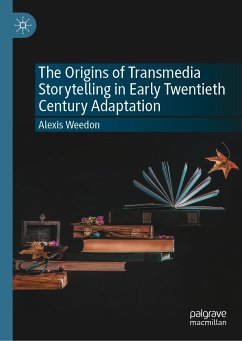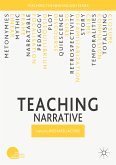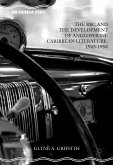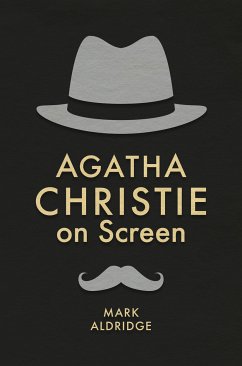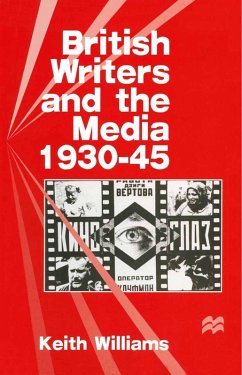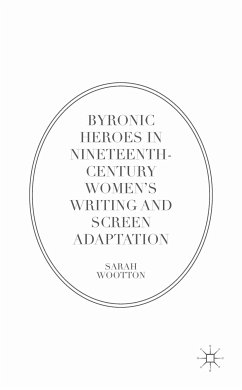- Timothy Corrigan, Professor Emeritus of English, Cinema Studies, and History of Art, University of Pennsylvania, USA.
This book explores the significance of professional writers and their role in developing British storytelling in the 1920s and 1930s, and their influence on the poetics of today's transmedia storytelling. Modern techniques can be traced back to the early twentieth century when film, radio and television provided professional writers with new formats and revenue streams for their fiction. The book explores the contribution of four British authors, household names in their day, who adapted work for film, television and radio. Although celebrities between the wars, Clemence Dane, G.B.Stern, Hugh Walpole and A.E.W Mason have fallen from view. The popular playwright Dane, witty novelist Stern and raconteur Walpole have been marginalised for being German, Jewish, female or gay and Mason's contribution to film has been overlooked also. It argues that these and other vocational authors should be reassessed for their contribution to new media forms of storytelling. The book makes a significant contribution in the fields of media studies, adaptation studies, and the literary middlebrow.
Dieser Download kann aus rechtlichen Gründen nur mit Rechnungsadresse in A, B, BG, CY, CZ, D, DK, EW, E, FIN, F, GR, HR, H, IRL, I, LT, L, LR, M, NL, PL, P, R, S, SLO, SK ausgeliefert werden.

